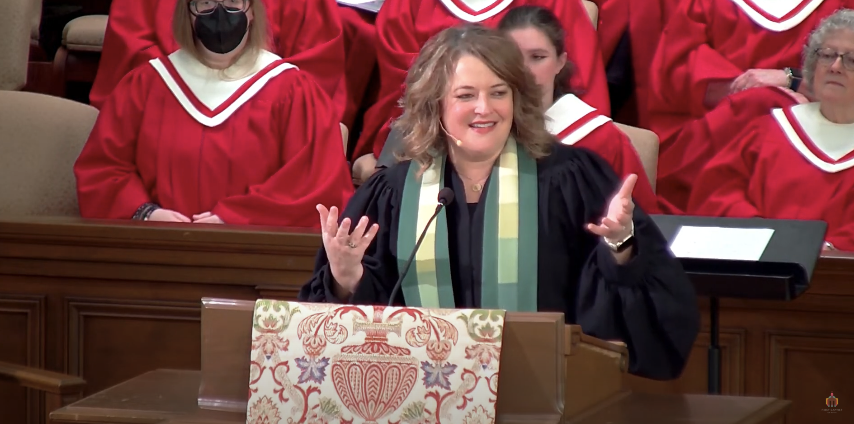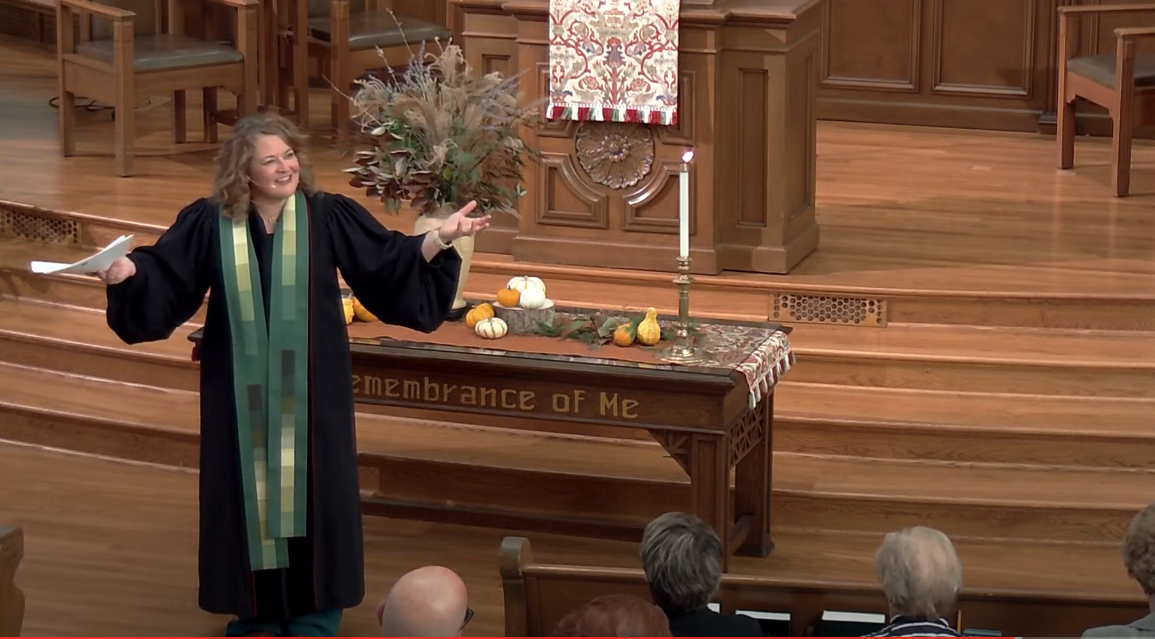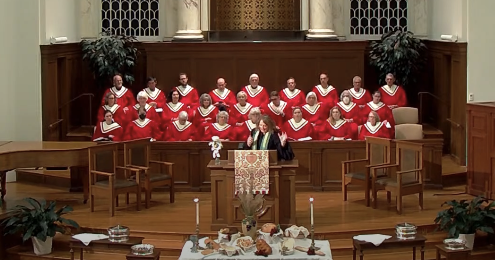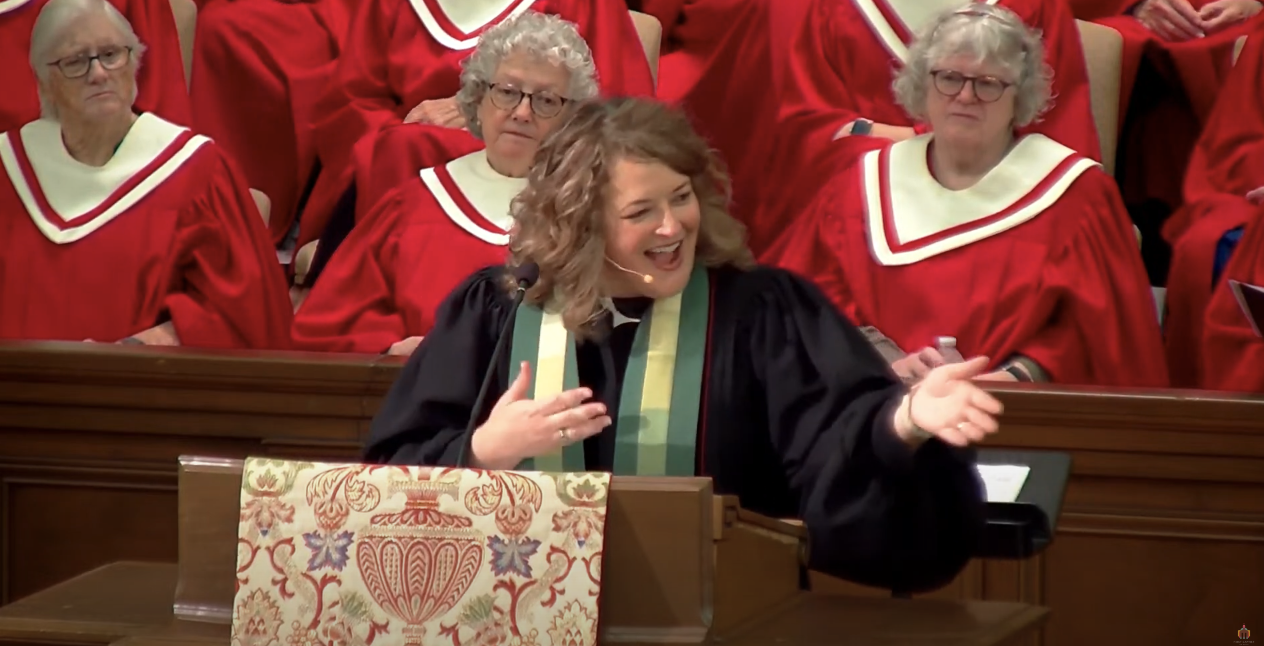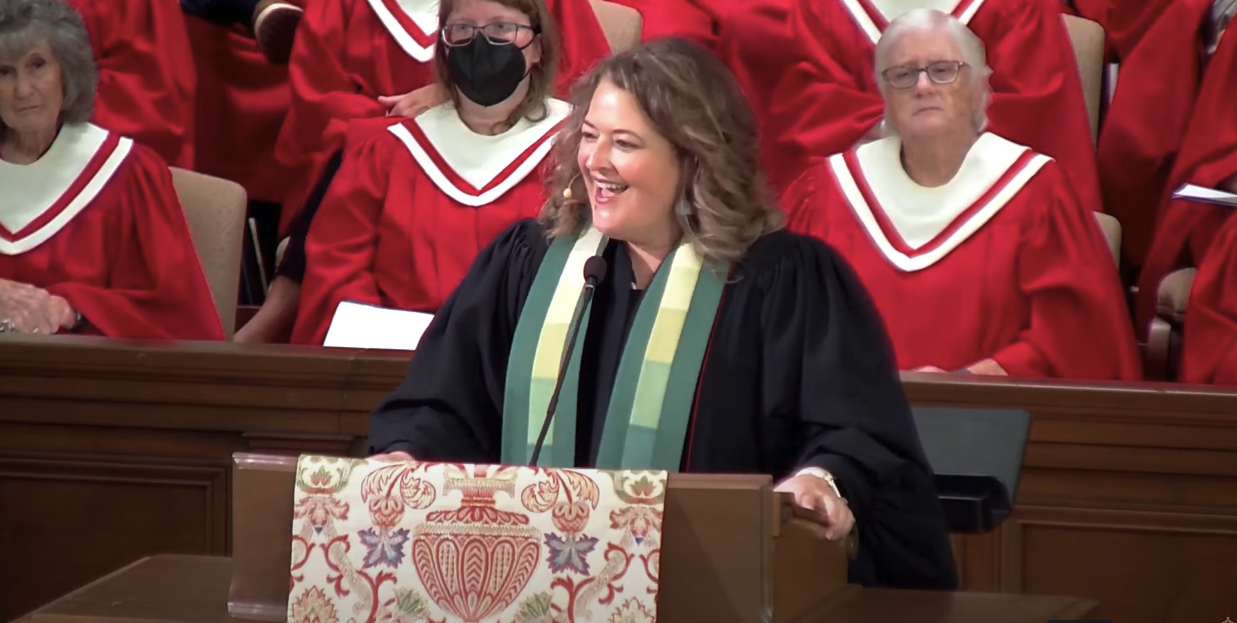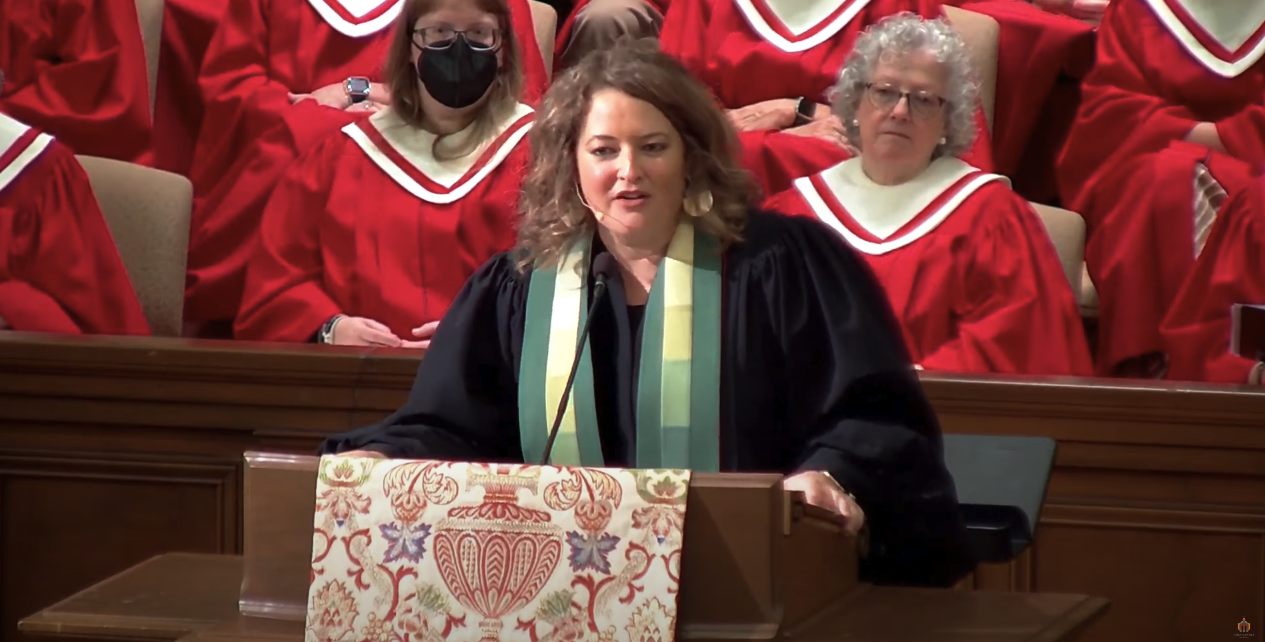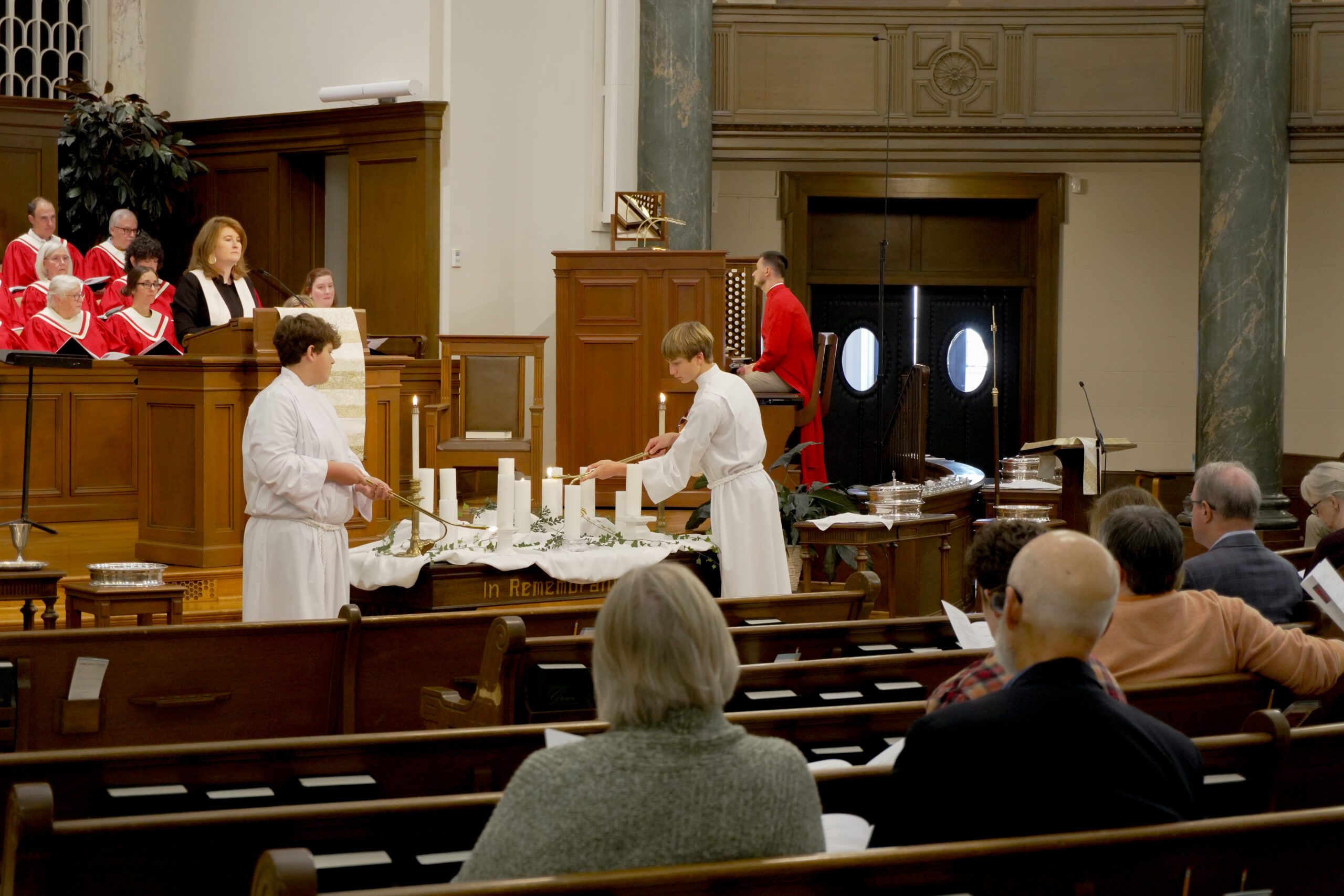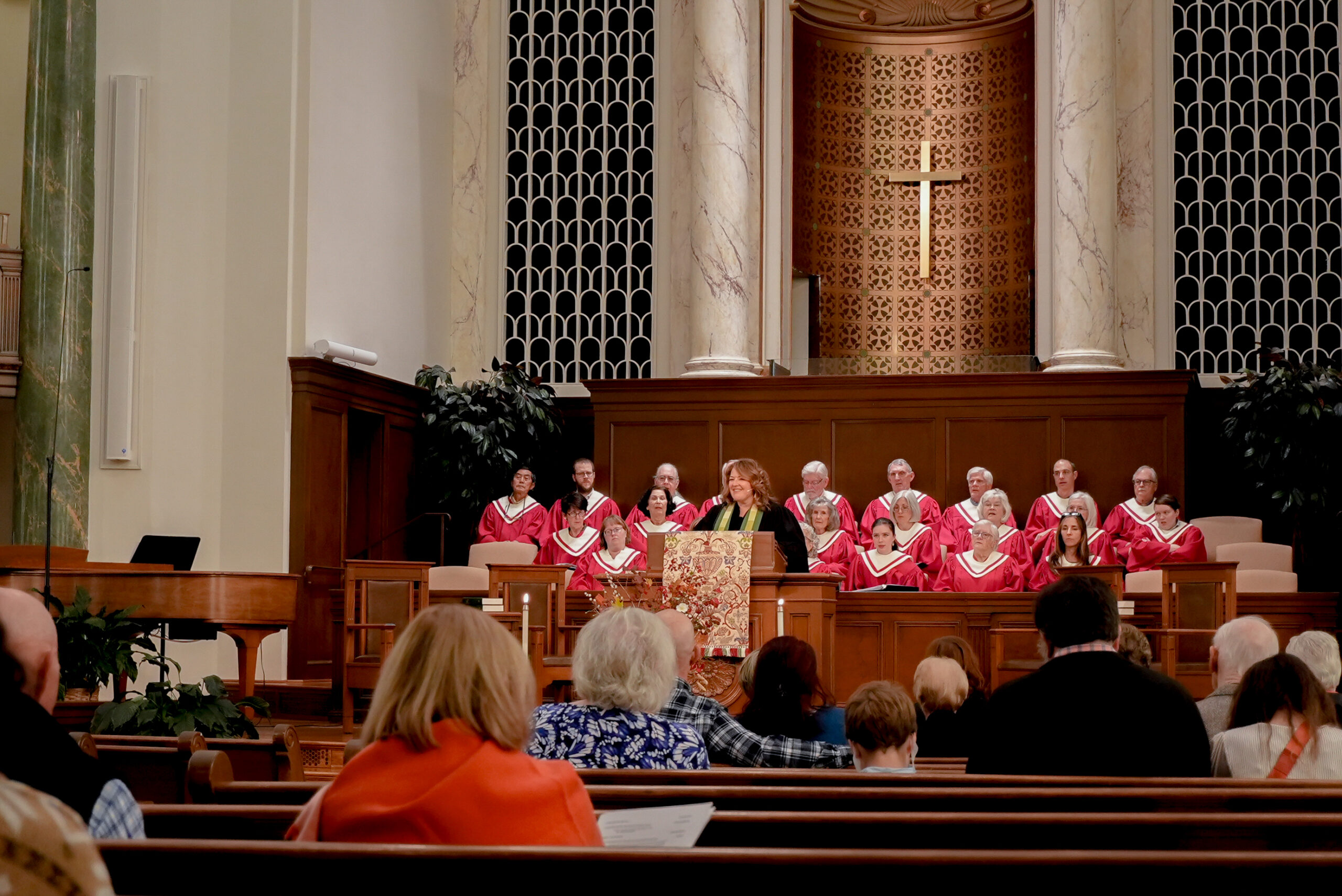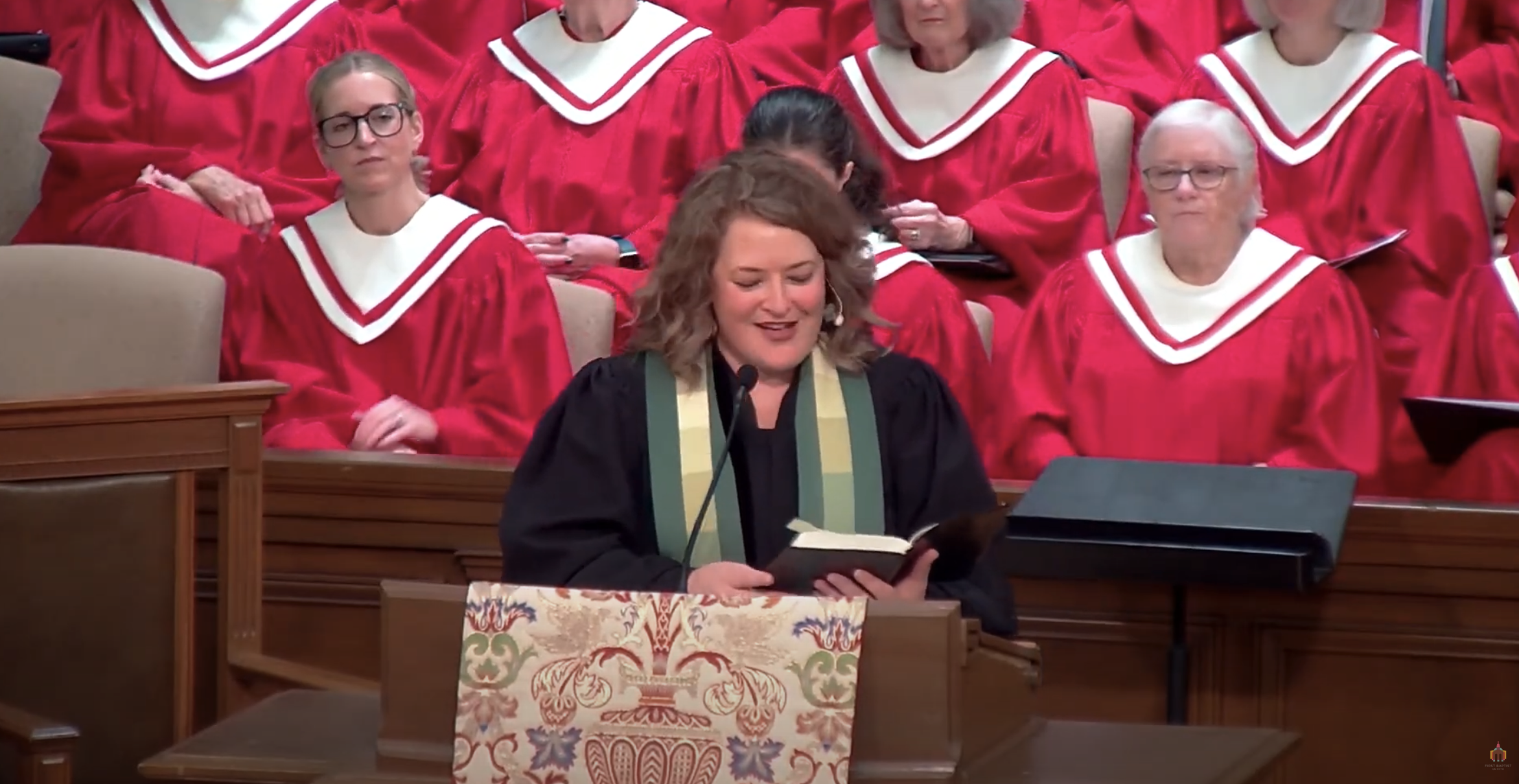I.If you had to summarize your life in six words, what would they be? That was the question posed years ago from an online magazine to a number of writers, both known and obscure. You see, they had been inspired by Ernest Hemingway, who when asked to tell a story in six words, responded with what became a legendary answer: “For Sale: Baby Shoes, Never Worn.” It was that same spirit that motivated Smith magazine and all the writers who submitted their responses. In fact, so many came in that the website nearly crashed and their responses were turned into a book called, appropriately, Not Quite What I Was Planning. These six-word memoirs range from funny to ironic to inspiring to heartbreaking: “One tooth, one cavity; life’s cruel.” “Savior complex makes for many disappointments.” “The psychic said I’d be richer.” “Tombstone won’t say: ‘Had health insurance.’” “Not a good Christian, but trying.” “Thought I would have more impact.” “Not quite what I was planning.”
Summarizing a life is quite a task, but there’s something in the brevity that offers space for creativity and consideration of legacy, right? What might be your six-word memoir? How would you capture how your story intersects with God’s story? Perhaps you could take your cue from Shadrach, Meshach, and Abednego (“King was hot. Furnace was not.”) or Noah (“Hated the rain, loved the rainbow.”) What would be our church’s six-word memoir? In this season of considering how the church is for legacy, what story will we leave behind?
II.We’ve talked these weeks about how the church is for hospitality, for sustainability, for accessibility, and today we conclude the four priorities of our building project and capital campaign with the declaration: the church is for legacy. Legacy, of course, is a “tangible or intangible thing handed down by a predecessor; or, a long-lasting effect of an event or process.” Legacy is inherited from those who came before and bequeathed to those who come behind. One’s legacy tells their story – perhaps in six words or perhaps more – and we’re all drawn in by the captivating quest to define it. Presidents and world leaders, perhaps most publicly, wonder about legacy, a spirit captured poignantly in the musical, Hamilton. Near the beginning of the show, Hamilton says, “‘I may not live to see our glory but I will gladly join the fight. And when our children tell our story, they’ll tell the story of tonight.” He later asks, “What is a legacy? It’s planting seeds in a garden you never get to see…. Building something that outlives me.” But no matter who we are, it’s a fundamental trait of the human condition to wonder: what’s left when I’m gone? What story will people tell?
We listen carefully today to two texts, first a parable of Jesus from the Gospel of Matthew in a section that scholars call “the apocalyptic discourse.” Apocalyptic, from the Greek meaning “to reveal or disclose” – these stories point to the capital-E end, when God comes finally to redeem God’s people, and are stories Jesus tells just before his life ends on a Roman cross. “So be faithful as the time is drawing near,” Jesus says. Wait meaningfully. Prepare to be accountable to God with your very lives when the time comes.
“For there once was a master,” Jesus said, “who summoned his slaves before leaving town — one got five talents, one two, and another one. The first two slaves took their talents and invested them, effectively doubling the master’s money and receiving his high praise. But the third was afraid and planted it safely in the ground where he could be sure to return it to the master. Instead of praising him for a decision sure to preserve the master’s money, the master condemned the slave for embedding his abundance, and cast him out,” as the writer of Matthew says, “into outer darkness where there will be weeping and gnashing of teeth.”
This is where I remind us that “talents” don’t just mean natural gifts that each person has, that vibrant combination of ability and opportunity – painting or telling jokes or singing or organizing, and the like. But rather a “talent” was the denomination of money equal to twenty years’ worth of the average salary. To put into today’s dollars, the average American’s salary hovers just shy of $60,000 annually; therefore, one talent would be worth $1.2M dollars! So who can blame that poor servant for wanting to play it safe with such a sum! You might even say the other two servants were far too reckless with their millions, taking the master’s money and playing the proverbial markets in which they could have lost it all!
But let’s listen carefully to what that third servant says to the master. “I knew that you were a harsh man,” he says, “reaping where you did not sow and gathering where you did not scatter. So I was afraid, and I went and hid your talent in the ground. Here you have what is yours.” The master calls him lazy. Some might call him scared, or self-focused, or jealous of the others, or lacking in gratitude, or even convinced that what he has doesn’t really matter; it’s insignificant. Regardless, we hear in this parable that using what we have and growing what we’re given – “each according to their ability” – is of eternal consequence. It matters for the shape of our life and the state of our faith. Legacy, you might say.
And then from James, on the final passage of those we’ve worked through together. Here, his tone shifts a bit: from condemning the oppressors to comforting the beloved, from strong words about anger, judgment, careless language, favoritism, and “faith without works,” to gentle words about patience. He’s talking to the home team, you might say. “Be patient, therefore, beloved, until the coming of the Lord,” James says. “Be patient, but not passive – rather, wait on alert. Expect, but don’t control. Understand what is God’s to do, and what is yours. Endure, and as you do, may God be near. Pray together, sing together, find healing together, bring each other back to life.” Let your legacy unfold in expectation.
III.Nashville music publisher Bob Benson once told a story about perceived value, and what matters most. You see, his young son, Mike, had been given a role in the elementary school play. Mike had hoped for the starring role, even that of the clever sidekick!, but was cast in a small role which had all of two lines right near the end of the play. On that hot May evening when the school performance took place, Bob wrote this, “Mike wasn’t a star, by any means, but he waited faithfully, and when his moment came, he was ready. He said his lines, and he said them well – not too soon, not too late, not too loud, not too soft, but just right.” He continued: “I am just a bit player too, not a star in any sense of the word, but God gave me a line or so in the pageant of life, and when the curtain falls and the drama ends and the stage is vacant at last, I do not ask for the critic’s rave or fame in any amount. My only hope is this – that I can hear from afar the voice of God saying, ‘He said his lines and he said them well – not too soon, not too late, not too loud, not too soft. He said his lines, and he said them well.’”
I hear in this story themes from our scriptures. Using what’s been given. Waiting with expectation. Understanding that the story of our lives are written each day, each hour, each moment of our living.
This is of course the case for our individual selves, but for our church too. Because the legacy we leave depends on the way we live! What we do with our talents. How we use what’s been given. How we wait with patience and expectation. How we refuse to be paralyzed by the fear of what could happen that we miss the joy of what is happening. How we risk something big for something good.
This has been our story, friends. “God gives. We use for love!” That might even be our six word memoir! For some 153 years, the people of Winston Baptist Church and First Baptist Church on Fifth, the saints before us, among us, and behind us, this congregation has been a people of love. Of innovation. Of movement. Of action. Of creativity. Of risk. Of faithfulness. Of generosity. Of bold love and boundless compassion.
Whether it was the first gym in downtown or the longest tenured worship service on TV, the first racially-integrated educational space in Forsyth County, countless nonprofits serving the underserved in our county and one non profit as the key incubator and home for others, First Baptist Church on Fifth has long been proud of our creativity in doing ministry in the heart of the city. No burying talents around here!
But as you know, innovation demands risk. It was risky to spend thousands of dollars and square footage on a gym back in the 1960s, risky to pour start-up energy into the work of our Children’s Center, Crisis Control,
Habitat for Humanity, Samaritan Ministries, Winston-Salem Center for Education and the Arts, or any of the churches we started. Risky to tear down buildings we’d built. Risky to say out loud that we welcome, affirm, and celebrate all people in the fullness of who they are. Risky to flourish in number, in faithfulness, in hope in a world whose story for the church is that of decline, decay, despair, disappointment.
That’s what you’ve said about us over the years. Seven years ago when we went through a series of visioning conversations, several of you said that one of our church’s best assets was “willingness to take risks.” Another of you called us a church with “a legacy of action.” Seven years, two less buildings, a global pandemic, a Confession of Identity, new staff, and 106 new members in the last 18 months later… here we are. Wondering again how the decisions we make and risks we take FOR the sake of the God’s work of Love in the world will add up to a legacy.
And we have an opportunity right here, right now, right in this season to refuse to bury a talent. Refuse to tighten our control. Refuse the lure of safety, and instead take what God is doing right here among us and let it spill once again outside these walls. Let it echo throughout our place here on 5th Street. Let it flow into community spaces and memory places. Let it be in our playground and parking lot, our signage and security, our kitchen and our columbarium. Let it be for our neighbors who need joy. Let it be for our world who needs community. Let it be for our ancestors, for whom we remember. Let it be for our children, for whom we hope. Let it be for the church, for whom we love. Let it be for God, giver of all good gifts, Word made flesh again and again and again.
IV.On Friday, a crew of us from the church took a trip west to Asheville. We loaded up four trucks and a van, packing them tightly with the piles of food and cases of water, boxes of diapers and packs of wipes, all the supplies that you, dear church, gave so generously to help our neighbors devasted by Hurricane Helene. We had been in brief conversation with our friends at First Baptist Asheville, a sister church in building design and in spirit, but due to spotty internet and cell service, we hadn’t heard a whole lot from them, and not much of what we’d shared had come through from us. Google Maps told us that I-40 could take us there, but honestly we didn’t know what to expect.
Imagine our joy when we spotted a hand-lettered sign on cardboard directing us and anyone in need into the parking lot at First Baptist Asheville. Imagine our gratitude when a dozen or more volunteers from their church swarmed our vehicles to carry in these treasures. You don’t have to imagine much to know that my eyes swam with tears after meeting Tim, their Deacon chair, who said teared up too as he said, “we were running pretty low on supplies this morning, and I hoped another truck would show up… and then y’all pulled up!” Picture a lovely church atrium now repurposed as Target-meets-grocery-meets-counseling center. Picture electricity but no running water, and a coveted line of porta-potties just outside the sanctuary. Picture hundreds of shell-shocked neighbors who pass through each day and find just a bit of hope amidst despair right there in their walls. Picture talents unburied, people expectant, hope made flesh.
When I asked my friend, their pastor, Mack, if the church would gather this Sunday for worship, he said, “It’s World Communion Sunday, of course we are!” Referencing the lack of running water in the bathrooms, he said with a laugh, “this is the first time my sermon length is determined by people’s bladders!” But from one church rising up to another, from one story long held to another newly-forming out of tragedy, I saw the story of legacy begin to unfold, and it was a story worth telling.
V.Author George Bernard Shaw once said, “This is the true joy in life, the being used for a purpose recognized by yourself as a mighty one; the being a force of nature instead of a feverish selfish little clod of ailments and grievances complaining that the world will not devote itself to making you happy.” “I want to be thoroughly used up when I die,” he said, “for the harder I work the more I live. I rejoice in life for its own sake. Life is no ‘brief candle’ to me. It is a sort of splendid torch which I have got hold of for the moment, and I want to make it burn as brightly as possible before handing it on to future generations.”
Church, may we use what God gave for love. May our candles burn and our talents remain unburied. May we risk something big for something good. Let the whole church say Amen! Amen.


